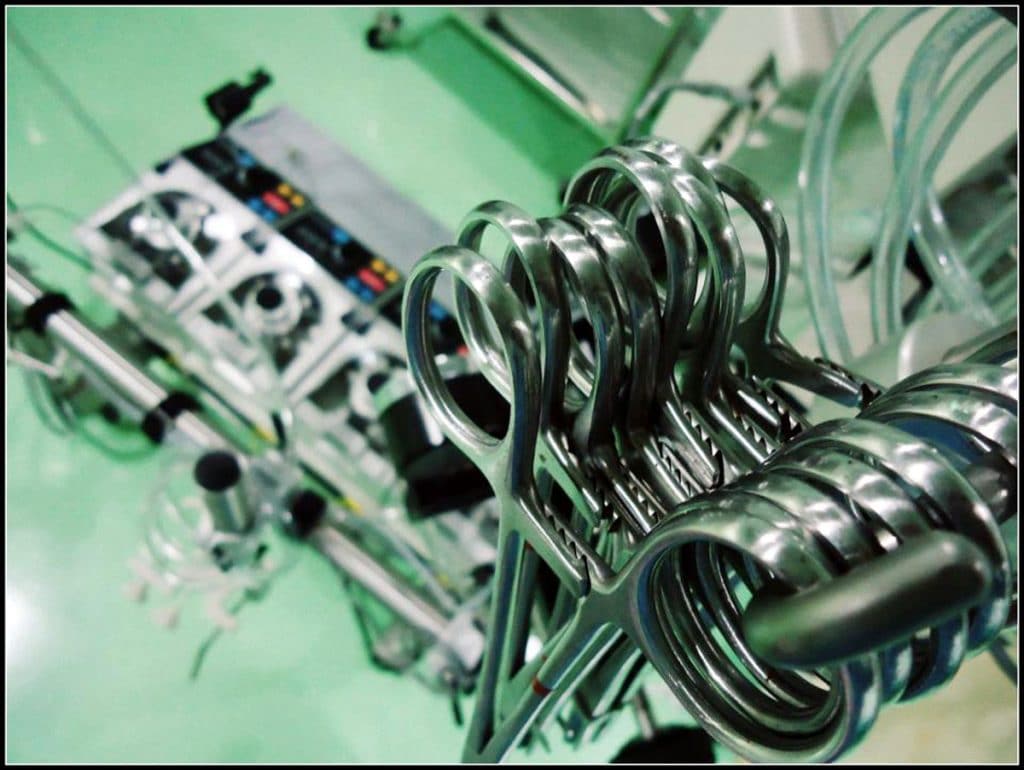Impact of Stroke on Outcomes Following Cardiac Surgery: Propensity Matched Analysis

Background
Stroke remains a devastating complication of cardiac surgery. The aim of this study was to characterize the incidence of stroke and analyze the impact of stroke on patient outcomes and survival.
Methods
A retrospective analysis was performed of patients with a computed tomography‐confirmed stroke diagnosis between 1 January 2015 and 31 March 2019 at a single center. 2:1 propensity matching was performed to identify a control population.
Results
Over the period 165 patients suffered a stroke (1.99%), with an incidence ranging from 0.85% for coronary artery bypass grafting to 8.14% for aortic surgery. The mean age was 70.3 years and 58.8% were male. 18% had experienced a previous stroke or transient ischemic attack. Compared to the comparison group, patients experiencing postoperative stroke had a significantly prolonged period of intensive care unit admission (8.0 vs 1.1 days P < .001) and hospital length of stay (12.94 vs 8.0 days P < .001). Patient survival was also inferior. In‐hospital mortality was almost three times as high (17.0% vs 5.9%; P < .001). Longer‐term survival was also inferior to Kaplan‐Meier estimation (P < .001). The 1‐year and 3‐year survival were 61.5% and 53.8% respectively compared to 89.4% and 86.1% for the comparison group.
Conclusion
Perioperative stroke is a devastating complication following cardiac surgery. Perioperative stroke is associated with significantly inferior outcomes in terms of both morbidity and mortality. Notably a 28% reduction in 1‐year survival. Efforts should focus on identifying strategies aimed at reducing the incidence, morbidity, and mortality of perioperative stroke following cardiac surgery.
